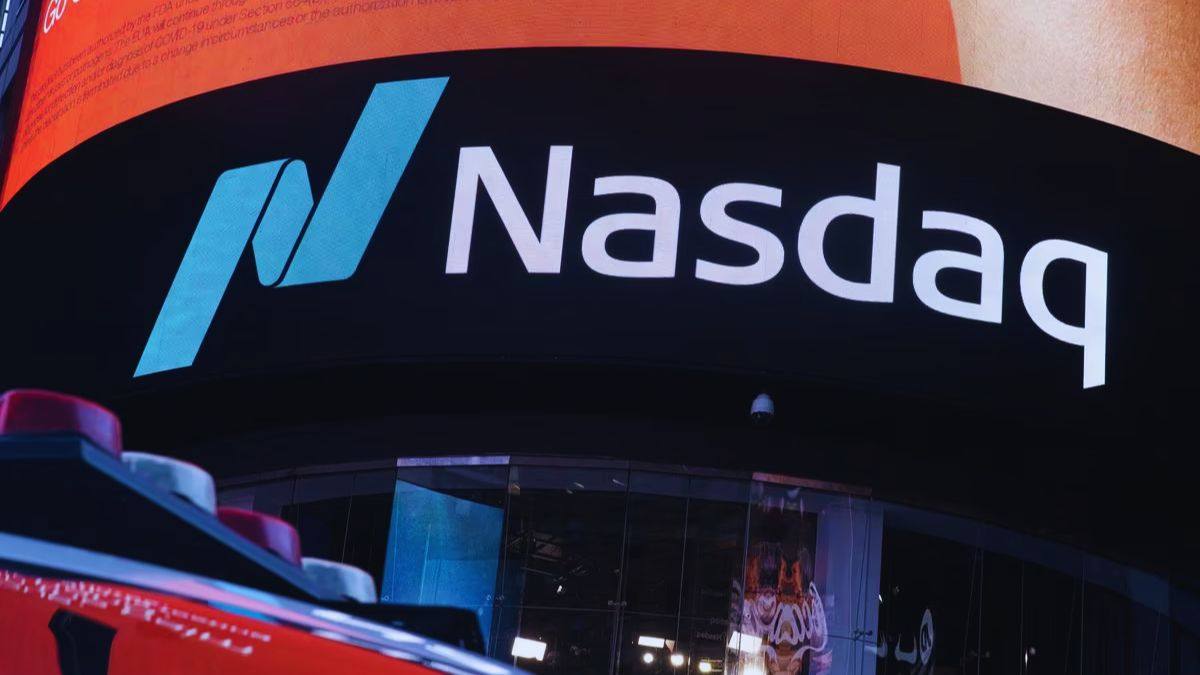GANDHINAGAR, INDIA, January. This Jan. story has been officially corrected to remove the reference to Q after Knight stated that he was speaking in general terms and not specifically about Q.
Nasdaq (NDAQ.O), a US stock exchange, is in talks with Indian authorities about allowing local Indian companies to list directly on foreign stock exchanges, according to a senior executive.
Indian companies are currently not allowed to list their shares directly on overseas markets, but global investors and top Indian startups are advocating for this to change.
Allowing Indian companies to list on foreign exchanges such as Nasdaq will provide them with greater access to capital, Nasdaq’s Executive Vice Chairman Edward Knight said in an interview. Knight spoke at a conference near Gujarat International Finance Technology City (GIFT), where Prime Minister Narendra Modi aims to attract foreign investment ahead of his re-election bid.
“We are hopeful that when the rules are finally promulgated, it will facilitate the listing of companies not only here in GIFT City but also in other jurisdictions,” Knight went on to say.
He stated that in October, Nasdaq met with Indian Finance Minister Nirmala Sitharaman and SEBI Chairperson Madhabi Puri Buch to discuss whether foreign listings beyond GIFT could be permitted and whether foreign bourses should not be excluded from policymaking.
“Those companies that have an interest in reaching out to global investors, particularly companies in the technology area, should be allowed to do so,” he added.
The GIFT City project, which began in Gujarat in 2011, aims to establish a major international financial hub where Indian companies can access global capital markets and investors.
Indian companies are currently unable to list shares directly on GIFT’s tax-neutral International Financial Services Centre (IFSC) due to pending regulations.
In October, India’s corporate affairs ministry amended the law to allow Indian businesses to list overseas directly, but specific details have yet to be made public.
According to sources familiar with the process, the government prefers to approve listings on the IFSC first, and direct listings on foreign exchanges will not be permitted initially.
According to Knight, India has historically attracted significant foreign direct investment. “The question is, will that continue, and one way to facilitate that is to make it easier for Indian companies to initially list outside India?”
Knight also stated that Nasdaq intends to facilitate the listing of exchange-traded funds (ETFs) that track Nasdaq indexes, specifically the Nasdaq 100.
India has the world’s third-largest startup ecosystem, which the Indian government predicts will grow by 12–15% per year. According to Indian government sources, India had around 50,000 startups in 2018, with approximately 9,000 of them being technology-focused. Some have attracted global investors, such as SoftBank (9984.T) and Sequoia Capital.
Investors such as Tiger Global, Sequoia Capital, and Lightspeed have urged the Indian government to speed up the process of allowing companies to list overseas to gain access to capital.
“It’s not that the Indian markets are deficient. It provides another option, and it’s important to consider it not only from the standpoint of the entrepreneur but also the venture capitalist,” Knight said.
